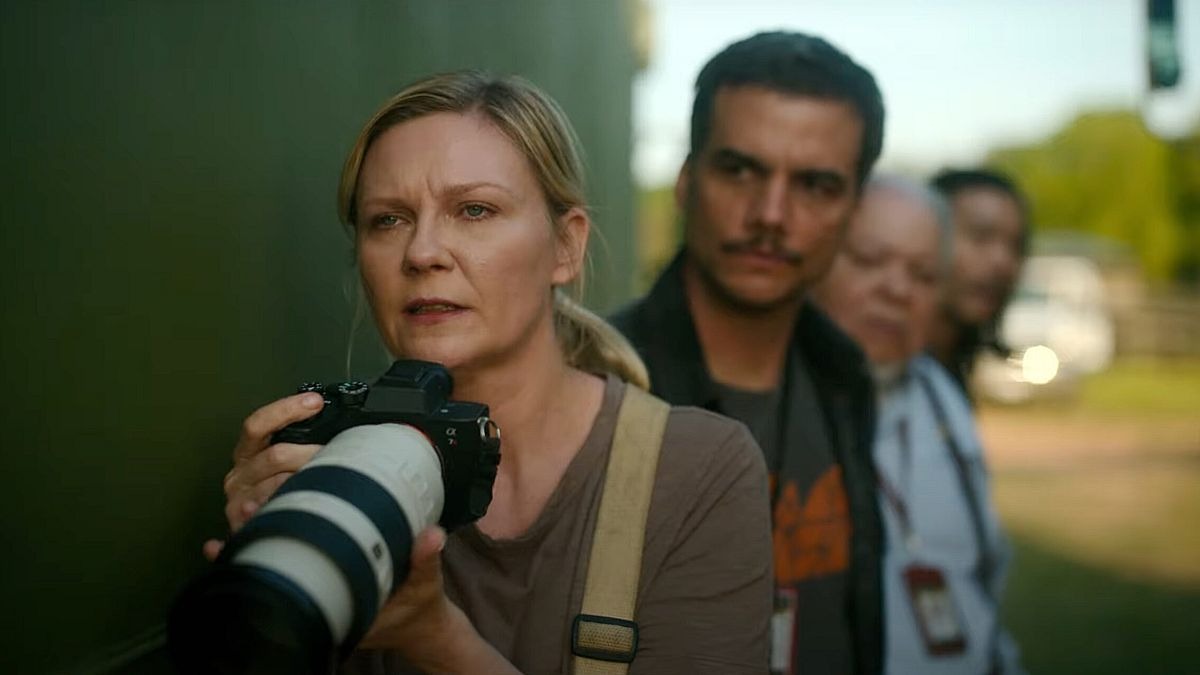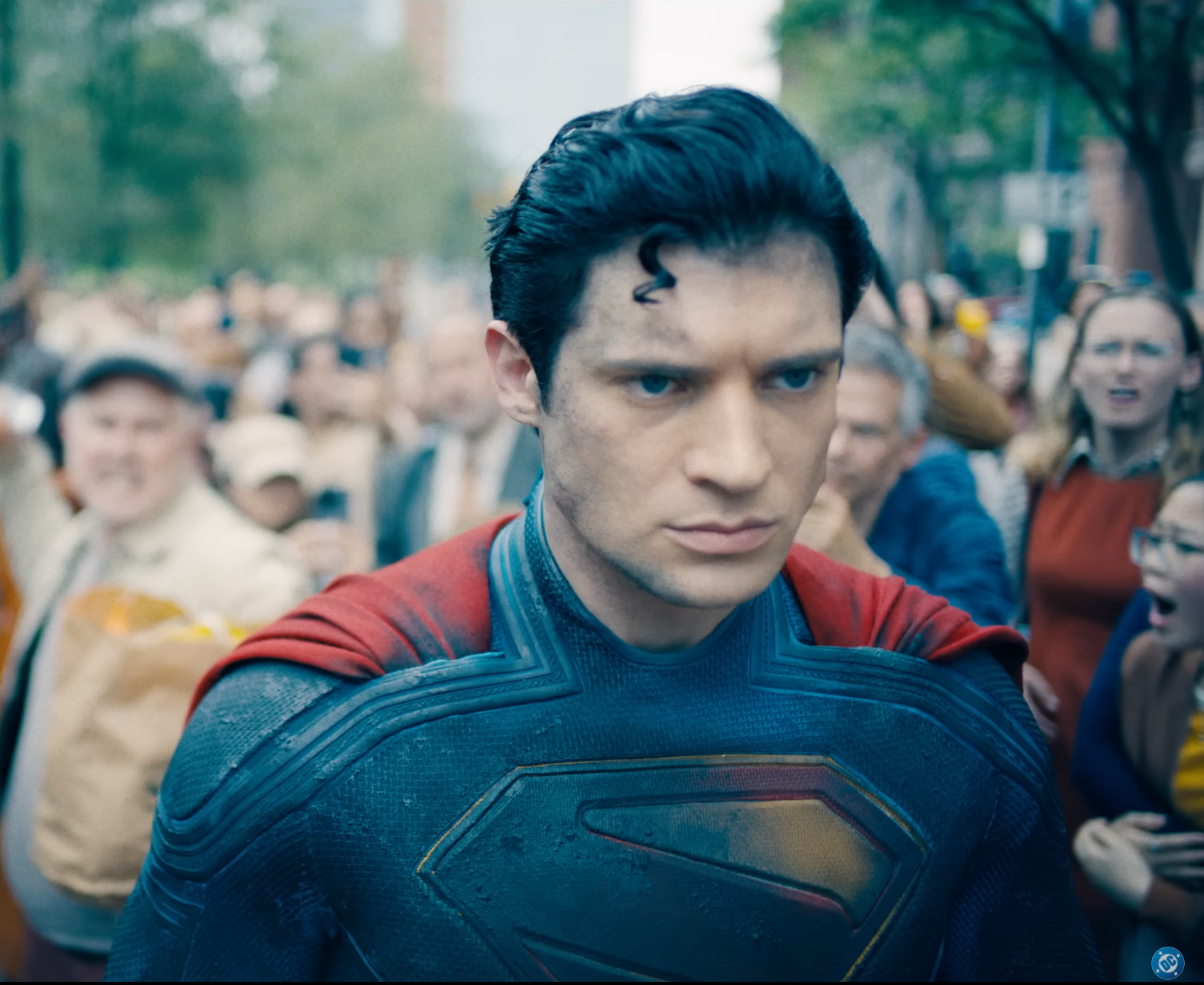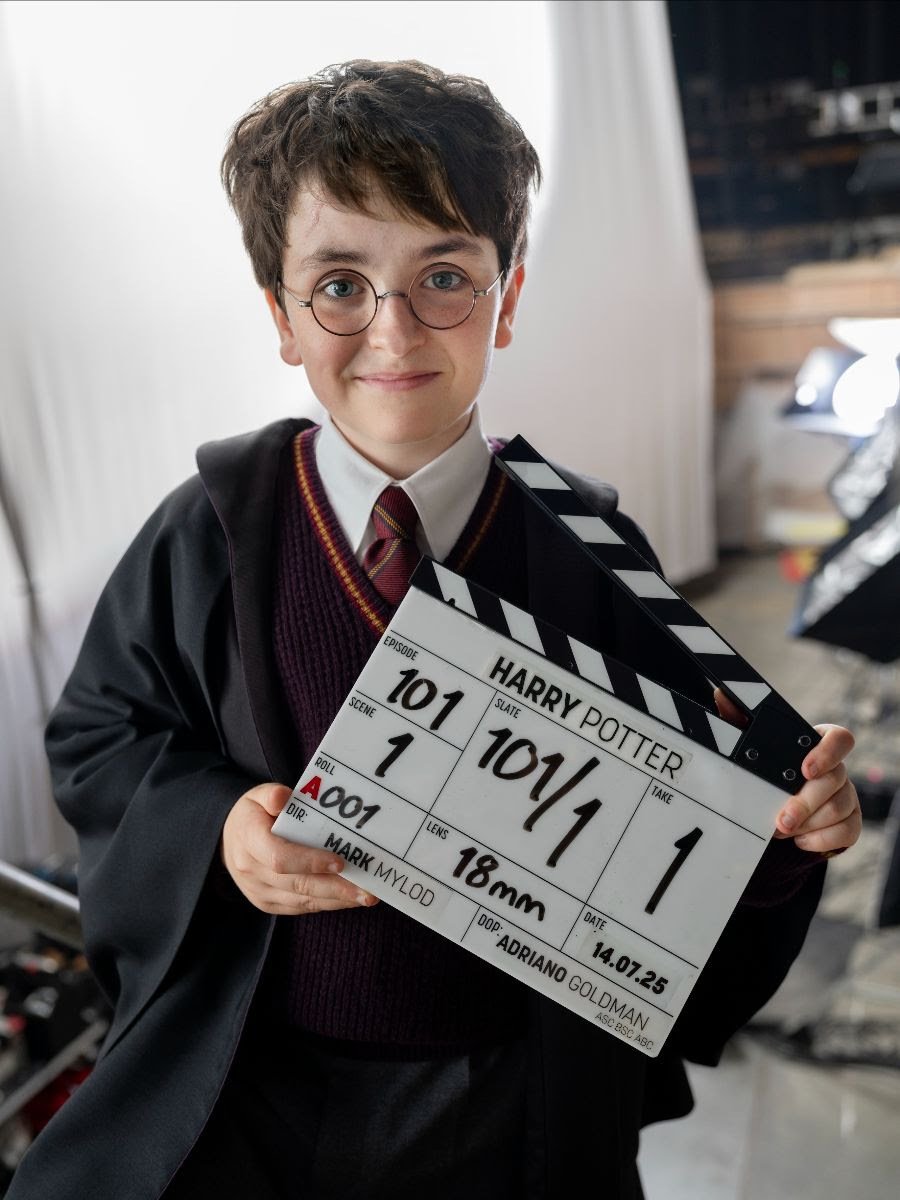Civil War is the story of Lee Smith (Kirsten Dunst). Smith has spent her life as a war journalist and is now covering internal military strife within the United States. She navigates a world on edge with her writer-partner Joel (Wagner Moura). The two have grand plans to travel from New York to Washington, D.C. and interview the incumbent third-term president (Nick Offerman). Hitching along for the perilous journey are Sammy (Stephen McKinley Henderson) a seasoned New York Times columnist and Jesse (Cailee Spaeny), an aspiring young photographer. As the four traverse through the country, they encounter various horrors of the new reality they live in.
What works in Civil War is the micro-level approach to capturing atrocities. Alex Garland (Ex Machina, Annihilation) purposely focuses narrowly on Smith’s journey and her personal involvement with the killings going on around her. Instead of featuring giant battles, Garland showcases personal, intimate interactions. These moments ooze with distrust, apprehension, and uncertainty. As such, Civil War is taut, tense experience that holds nothing back while making a commentary on the oft-forgotten members of the press. The message is clear that Garland respects their thankless contributions to society and culture. Finally, the performances (especially Dunst’s) feel full of raw emotion that translates well to the screen, giving audiences palpable insight into their induced trauma
RELATED: Marvel Wants DeHaan And Dunst To Reprise Spidey Roles In MCU | LRM’s Barside Buzz
People may find Civil War polarizing for several related reasons. First, the film is both political and not at the same time, which is a precarious line to walk. There are no references to American politics or related affiliations, but it is likely that people may make some assumptions about subrogation. Individuals may feel their ideology is being negatively misrepresented, which could prove for an uncomfortable viewing experience. Furthermore, Garland is disinterested in world-building, or addressing character motivations. For example, the reasons behind the domestic conflict are never explained; the photojournalists desire to capture the perfect picture are never explored. Garland merely drops people into dystopia, and the absence of context means to intensify the drama. But while intentional, the lack of background information may prove frustrating to some.
Civil War is a heavy film in ways many people may not be expecting. For people seeking insight into the lives and experiences of war photographers, Civil War provides fantastic representation. Those expecting a broader epic that explores the potential of extremism may be left disappointed. That said, Garland made a beautiful, excellent film full of strong performances. Recommended.
Recommended if you enjoyed: Up Close and Personal, The Siege, Men

 FOR FANBOYS, BY FANBOYS
Have you checked out LRM Online’s official podcasts and videos on The Genreverse Podcast Network? Available on YouTube and all your favorite podcast apps, This multimedia empire includes The Daily CoG, Breaking Geek Radio: The Podcast, GeekScholars Movie News, Anime-Versal Review Podcast, and our Star Wars dedicated podcast The Cantina. Check it out by listening on all your favorite podcast apps, or watching on YouTube!
Subscribe on: Apple Podcasts | Spotify | SoundCloud | Stitcher | Google Play
FOR FANBOYS, BY FANBOYS
Have you checked out LRM Online’s official podcasts and videos on The Genreverse Podcast Network? Available on YouTube and all your favorite podcast apps, This multimedia empire includes The Daily CoG, Breaking Geek Radio: The Podcast, GeekScholars Movie News, Anime-Versal Review Podcast, and our Star Wars dedicated podcast The Cantina. Check it out by listening on all your favorite podcast apps, or watching on YouTube!
Subscribe on: Apple Podcasts | Spotify | SoundCloud | Stitcher | Google Play




